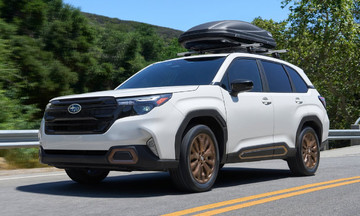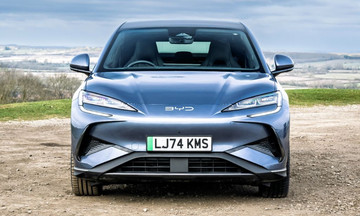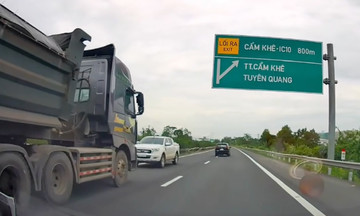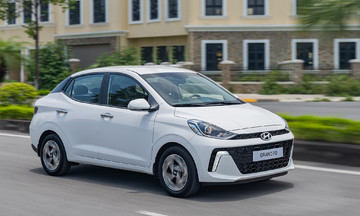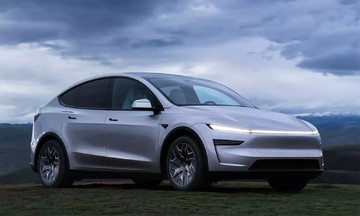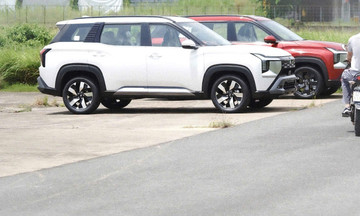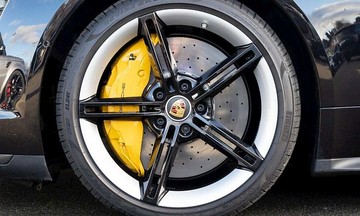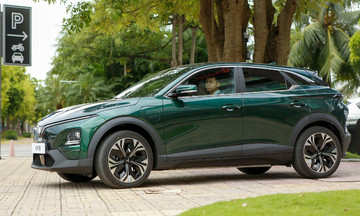The European Union (EU) remains committed to its ban on the sale of new gasoline and diesel cars starting in 2035. Meanwhile, the EU has put forward a new idea to accelerate the phase-out of internal combustion engines by requiring EU rental car companies to purchase only electric vehicles starting in 2030. This proposal, while not yet finalized, has drawn considerable criticism, most notably from German Chancellor Friedrich Merz.
According to Automotive News Europe, Merz stated that the proposal is "completely out of sync with the general needs currently prevailing in Europe. We should not allow it to be ruined by focusing on technologies that may not be market-ready at a specific point in time to the extent of being completely dependent on them."
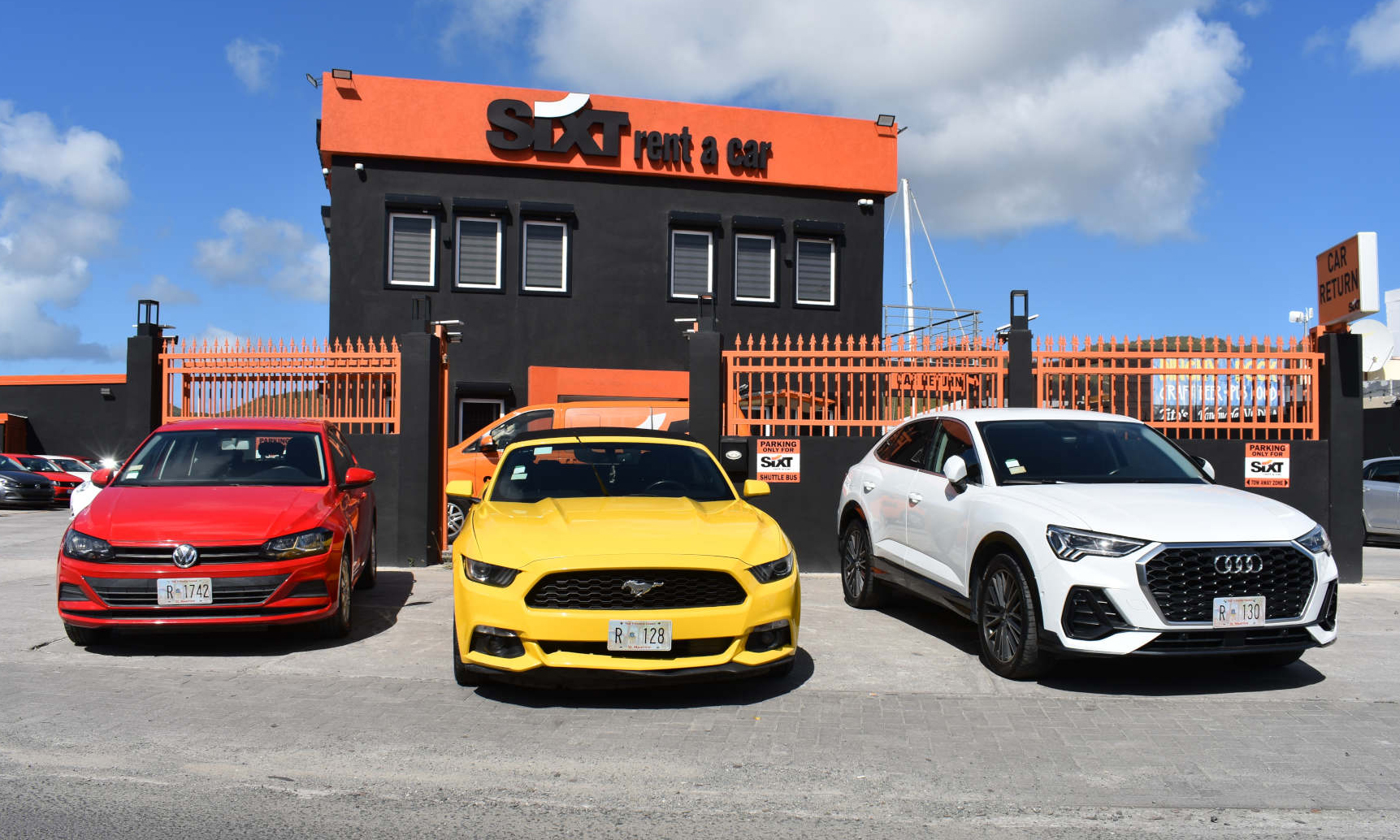 |
A Sixt car rental location in the Netherlands. Photo: Sint Maarten |
A Sixt car rental location in the Netherlands. Photo: Sint Maarten
Bild was the first to report on the EU's controversial plan to accelerate electric vehicle adoption. The German newspaper indicated the regulation could be presented before the end of this summer and then submitted for approval. Meanwhile, the proposed ban on gasoline car rentals is being discussed with car manufacturers as part of an "impact assessment," according to a European Commission (EC) spokesperson.
While the decision isn't set in stone, it underscores the EU's commitment to phasing out gasoline and diesel vehicles as soon as possible. If enacted, the measure would deal a significant blow to rental car companies. Bild quoted a Brussels politician warning that the ban could affect 60% of the new car market.
Nico Gabriel, a board member of Sixt, the Munich-based car rental company, paints a similarly bleak picture: "It will be difficult for tourists to use rental cars anymore," he said.
The proposal will impact not only rental companies but also large corporations, leading Gabriel to predict that "consumers will hardly rent cars anymore."
If the 2030 ban passes, rental car companies and corporations might rush to purchase additional gasoline-powered vehicles beforehand, extending the lifespan of their combustion engine fleets for a few more years. But that would only be a temporary solution if the EU's broader 2035 ban on the sale of new combustion engine vehicles remains in place.
For city driving, tourists might not mind using electric vehicles. But on longer trips, finding chargers in rural areas could prove challenging. There's also the issue of limited consumer choice and the higher cost of renting electric vehicles compared to their gasoline-powered counterparts.
If the proposal is approved, the impact on tourism will be immediate, and the automotive industry will be significantly affected. Without consistent demand from rental fleets, car manufacturers might be forced to scale back combustion engine production years ahead of the 2035 deadline.
My Anh



